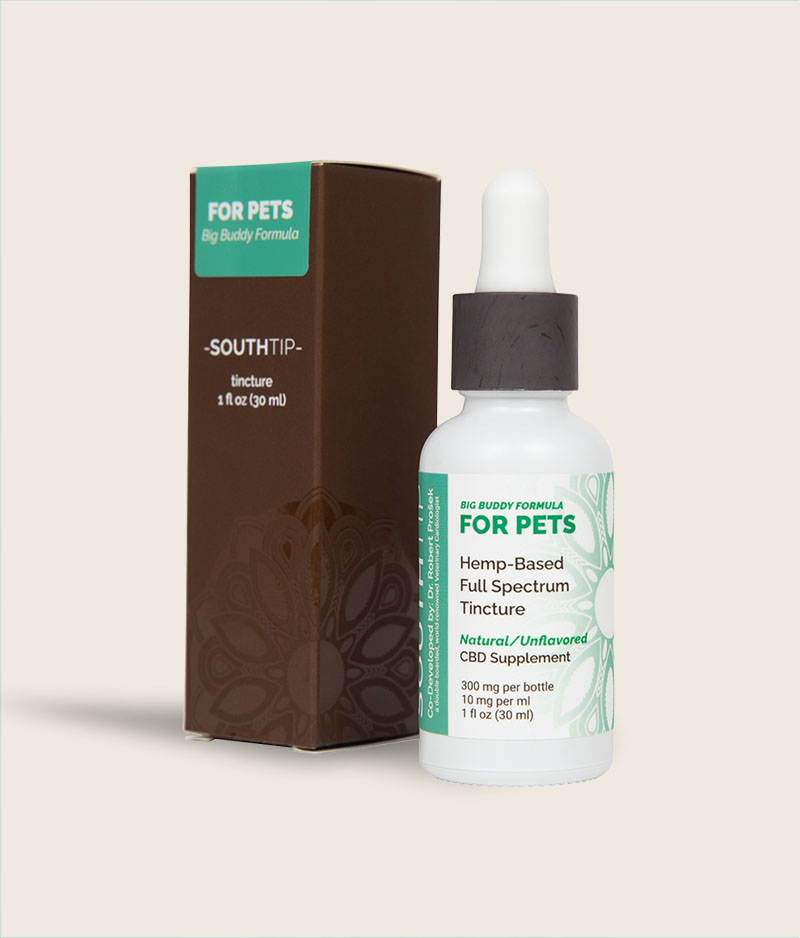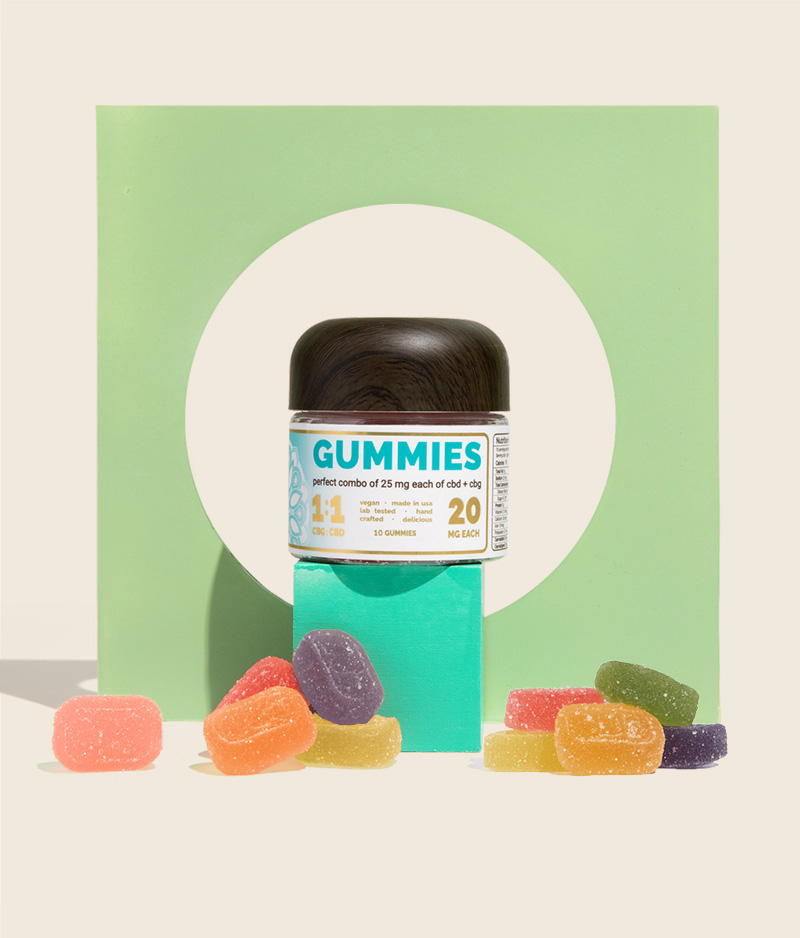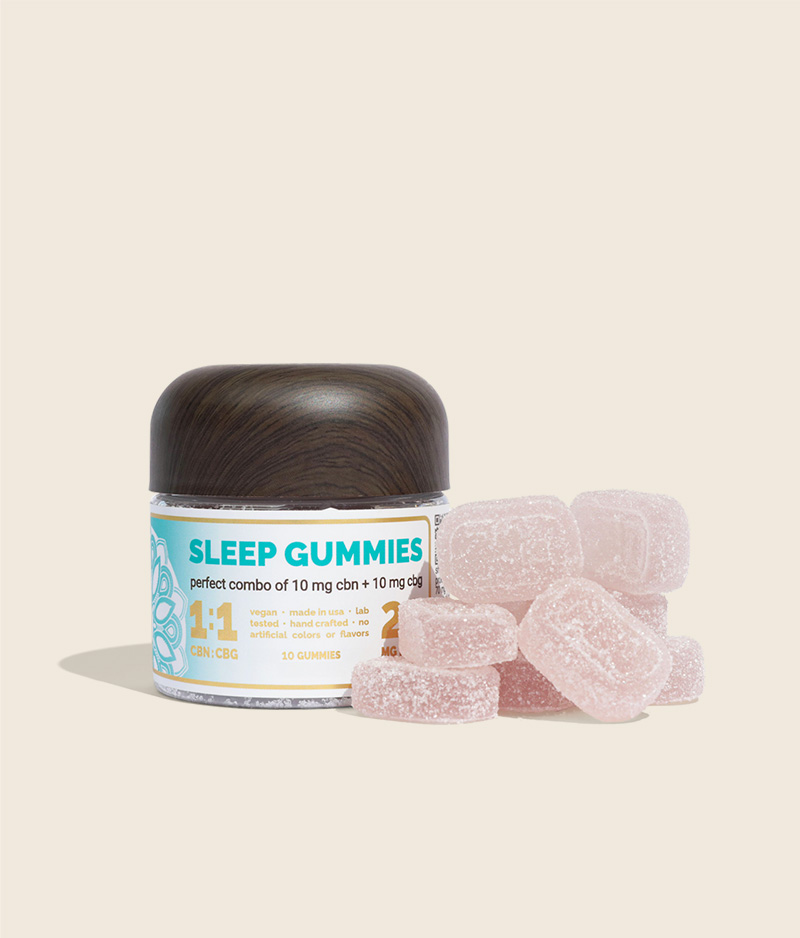my cart
Secure checkout
What are the government agencies that influence CBD regulations?
How do their regulations affect and shape the rules regarding CBD products and their consumption and production?
We’ll provide a clear and concise overview of how these agencies impact the safety, classification, cultivation, and sale of CBD, ensuring you are well-informed about the rules surrounding this popular cannabinoid.
Each state government has its own CBD regulations about the production, sale, and use of hemp products. They are in charge of both developing state-specific laws and enforcing them.
In most states in the US, CBD regulations say that products are legal as long as they contain less than or equal to 0.3% THC, according to the 2018 Farm Bill. However, each state has its own regulations and additional rules, so definitely check them out before consuming CBD products.
The EPA regulates the use of pesticides in hemp cultivation. They take care of environmental safety and consumer protection, but their true involvement is incredibly state-dependent. Responsibilities include:
The DEA oversees the classification of cannabis and its derivatives, including CBD, under the Controlled Substances Act (CSA). The agency's primary functions include:
The FDA is one of the most well-known government entities that regulates many products for consumers. However, CBD isn’t technically regulated by the FDA, but it is regulated just like any other product on the market. So what does the FDA regulate in regards to CBD?
The FDA's primary responsibility is to ensure the safety of CBD products available to consumers. This involves several key aspects:
Accurate and clear labeling is crucial for consumer safety and informed decision-making. The FDA regulates the labeling of CBD products to prevent misinformation and ensure transparency:
Marketing shifts how consumers perceive certain products, and that can be harmful when it comes to CBD. That’s why the FDA closely monitors and regulates marketing practices to make sure they are truthful and not misleading. Health claims are a major no-no here too. It is the reason we can’t use terms like anxiety, insomnia, or arthritis in our marketing, because these are actual medical conditions. We instead use terms like stress, racing thoughts, sleeplessness, or joint discomfort.
The FDA has the authority to take enforcement actions against companies that violate its CBD regulations. This can include:
In some states, the USDA plays a critical role in regulating hemp cultivation, which is the foundation for producing CBD. The Agricultural Improvement Act of 2018, commonly known as the Farm Bill, marked a significant shift in the CBD regulations.
One of the USDA's primary functions is to establish a licensing framework for hemp growers. This process is essential for legal cultivation and ensuring that hemp is grown in compliance with federal laws.
Each cultivator has to go through the approval process and apply for a license through the USDA. The USDA mandates rigorous testing protocols to make sure that hemp crops meet legal THC limits.
Cultivators have to test their crops before harvesting and make sure that they don’t exceed the legal limit of 0.3% THC on a dry weight basis. Certified laboratories test crops with standardized methods.
The USDA provides guidelines for sampling hemp plants, specifying the parts of the plant to be tested and the timing of sampling relative to the harvest date. This helps to ensure that the test results accurately represent the THC content of the entire crop.
The USDA's regulations are designed to create a consistent and legal supply chain for CBD products derived from hemp. By enforcing licensing, testing, and compliance measures, the USDA helps to ensure that hemp is grown and processed in accordance with federal laws. This not only protects consumers but also supports the growth of a legitimate and sustainable hemp industry. However, in Florida, the state laws are written to USDA standards, so hemp cultivators in Florida are not required to obtain a USDA license.
Understanding the CBD regulations is important for consumers, cultivators (growers), and manufacturers alike.
At South Tip, we pride ourselves on abiding by all CBD regulations to bring our consumers healthy, safe, and exceptional CBD products.
Our commitment to compliance means that every product we offer meets or exceeds the standards set by federal and state authorities.
By adhering to these regulations, we make sure that our customers can trust the quality and safety of our CBD products, empowering them to make informed choices for their wellness.
Choose South Tip for CBD products you can rely on, backed by third-party lab tests and our unwavering dedication to regulatory compliance and consumer safety.



